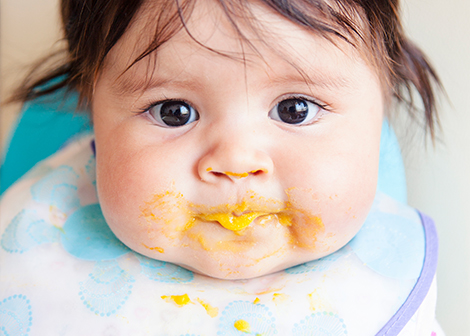Sleep is essential for a healthy child. A well-rested child is an active and contented child who concentrates and learns better.
This can be supported through developing healthy patterns in the early years, including consistent bedtime and wake up times, as well as calming bedtime routines.
Bedtime rituals and routines
It is at the toddler stage that some children experience periods of sleep difficulty for the first time in their life. This is common as toddlers are learning to to make choices and assert independence and may use sleep time as an opportunity to say “no”.
Preparing your toddler for the transition to bedtime may help. Some parents give advance warning and practice a bedtime ritual, one that follows a set sequence such as having a bath, putting on their pyjamas, brushing teeth and reading a book.
This helps toddlers learn sleep time always follows this routine.
Moving to a bed
If your toddler needs to move into a bed:
- Talking to them in preparation helps with the process.
- Consider taking them along to purchase the bed and get them excited about sleeping in it.
- Get them to help set up the bed.
- Acknowledge and praise their efforts as they make the change to the new environment.
- Be patient, they may still get out of bed and need your support to resettle.
Potential issues
Separation awareness is a normal developmental stage and peaks at around 18 to 24 months of age. At this stage you may find your toddler reluctant to be apart from you. Some may want to sleep with their parents.
Many toddlers at this age are trying to assert themselves and will test bedtime routines. Sometimes they will flatly refuse to go to bed.
Toddlers may have a range of strong emotions throughout the day, including at bedtime. Their magical imaginations may lead to real or learned behaviours that show up as fear. Reassure and support them. This stage will pass as they grow.
How much sleep does my toddler need?
Every child is different and there is a big range of what is considered adequate sleep. Their behaviour will be a safe guide for you. A toddler with adequate sleep will be happy, active and playful.
Watch for your toddler’s tired signs: rubbing eyes, being irritable, or becoming clumsy if walking.
On average, most children will fall into the following range.
- Average 11 to 14 hours of good quality sleep, including naps, with consistent sleep and wake-up times
- After about 3½ hours of being awake, a one year old will be ready for a morning sleep
- They will usually be ready for bed between 6.30pm to 7.30pm, depending on your individual household
Remember your toddler is still learning and growing. They need routine and for you to be reassuring and warm, while at the same time, consistent and firm.
Daytime naps
- By around 18 months of age, your child may need only one day sleep, particularly if they can happily stay awake for a four hour stretch. Their behaviour during the morning will be your guide on how many sleeps are needed
- As your child moves to one day sleep, offer an early lunch to fit in sleep in the middle of the day. Day sleeps that are too close to your toddler’s nightly bed time may make it harder for them to settle.
- By 3 years of age, your child may or may not need a daytime nap but a quiet time or rest time. How they behave will be a good gauge as to whether they need a sleep. Watch for tired signs like short concentration span, irritability and clumsiness.
Want to know more?
Raising Children Network – Toddlers sleep
Pregnancy, birth and baby – Sleep and your child







